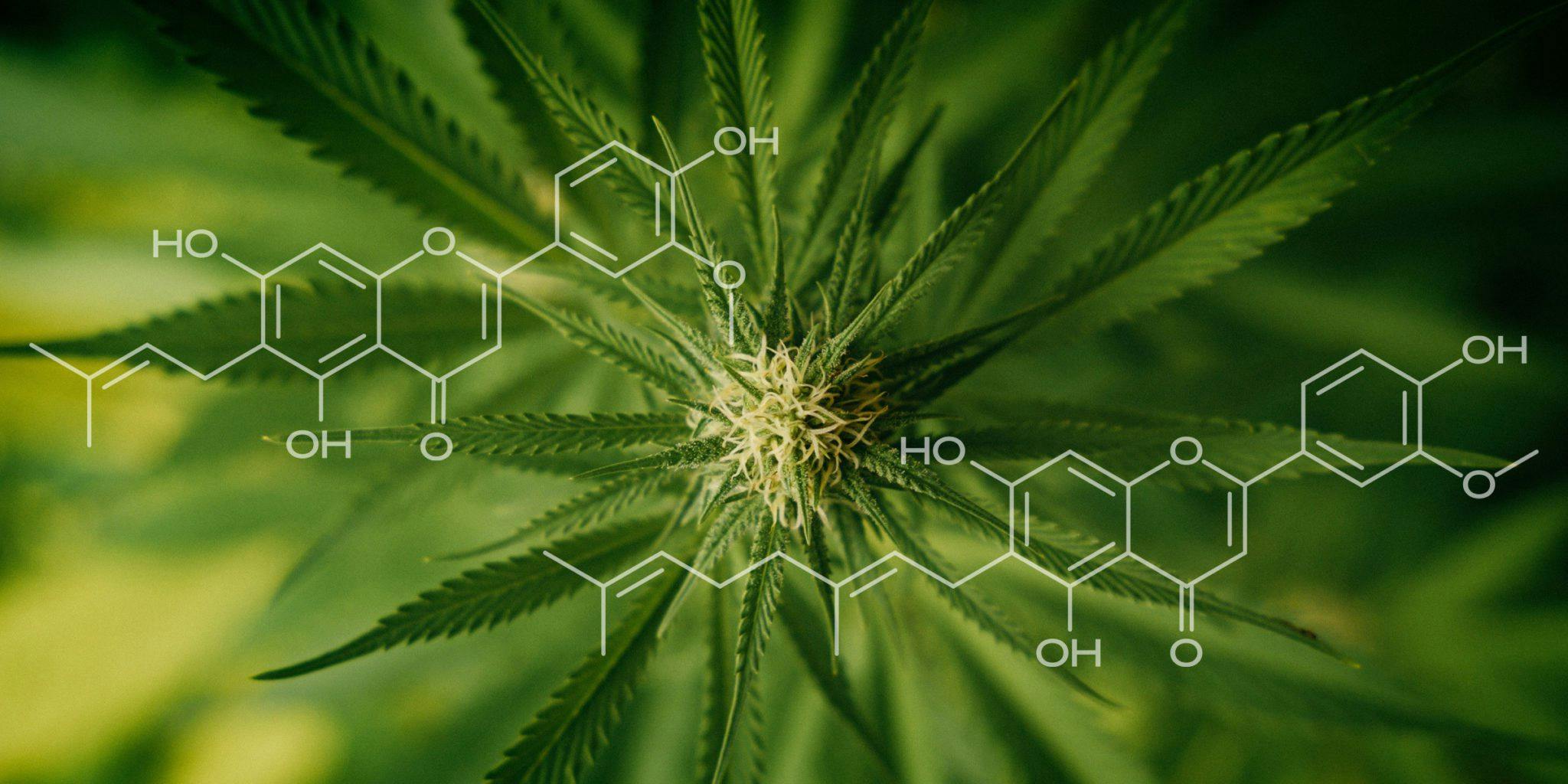What Is Hesperetin? Guide to the Flavonoid

Article written by

Tina MagrabiSenior Content Writer
Content reviewed by

Dr. Lewis JasseyMedical Director - Pediatric Medicine
Hesperetin is a bioflavonoid with potent anti-inflammatory and antioxidant effects. The flavonoid is found in fruits and vegetables may serve a number of health purposes as an experimental treatment for cancer and even for relieving the symptoms of menopause. Hesperetin also displays antiviral properties, and could be of particular use in the treatment of COVID-19, which is one reason why fresh orange juice is so often recommended for treating colds and flus.
To be more accurate, hesperetin is actually a flavanone, and is a derivative of another flavanone, eriodictyol. Hesperetin contributes to citrus fruits’ flavor, and its related flavanone, hesperidin, can be found in lemons and oranges. An enzyme produced by the fungus Acremonium sp. DSM24697 converts hesperidin to hesperetin. Both hesperidin and hesperetin may boost heart health and reduce blood pressure.
Learn about the other health benefits of hesperetin, along with the flavonoid’s connection to cannabis.
Get your medical marijuana card
Connect with a licensed physician online in minutes.
What Is Hesperetin?
Hesperetin is a flavonoid or natural nutrient found in plants, including cannabis. Flavonoids like hesperetin have been found to improve health by reducing oxidative stress, an imbalance in the body that can trigger many common diseases including cancer.
As hesperetin is mainly found in citrus fruits, the flavonoid may offer some of the same health benefits as oranges and lemons. Among these possible therapeutic benefits are:
- inflammation reduction
- allergy relief
- blood pressure regulation
How Hesperetin Works in Cannabis
The flavonoids in cannabis give both pigment (color) and flavor to the plant. Hesperetin is orange in color and has a sweet taste. Flavonoids like hesperetin impact how your senses experience the cannabis product you are consuming in what you see, taste and smell.
Hesperetin is one of the many compounds that gives the cannabis plant its therapeutic potency. Alongside terpenes and cannabinoids, flavonoids create a synergistic entourage effect that maximizes its anti-inflammatory effects.
Health Benefits and Uses
Research on the health benefits of hesperetin is emerging. The research that exists indicates that hesperetin could have the following medicinal benefits and uses:
Hesperetin and Inflammation
Reducing inflammation is one of the strongest actions of flavonoids like hesperetin. Recent research published in the Journal of Functional Foods indicates that hesperetin has potent anti-inflammatory effects with the ability to decrease widespread inflammation and oxidative stress. Lowered incidence of chronic inflammation-linked diseases (like autoimmune conditions) could be linked to hesperetin. But disease stems from a multitude of factors, and flavonoids are just one tool in enhancing overall health.
Hesperetin and Cancer
Scientists have discovered that hesperetin could kill liver cancer cells. Research published in the journal Medical Oncology reported on the ability of the flavonoid to induce death in hepatocellular carcinoma cells (liver cancer cells). This finding is significant, as hepatocellular carcinoma is the most common type of primary liver cancer as well as the fifth most common type of cancer worldwide.
Hesperetin and Cholesterol
Drinking orange juice is a refreshing way to start the day, but science shows that the beverage could lower cholesterol, too. The hesperetin in citrus fruit juices has been shown to lower cholesterol levels by up to 80% according to research featured in PubChem.
Hesperetin and Allergies
People with allergies may find relief from consuming hesperetin-rich citrus fruits. Other research has uncovered that the flavonoid may also inhibit the harmful effects of venom from snake bites. Hesperetin could exert anti-toxic effects on snake venom, according to findings published in the scientific journal Toxicon.
Hesperetin and Heart Health
Hesperetin may also be effective against other cardiovascular diseases and conditions, and more research is warranted on this powerful flavonoid.
Side Effects of Hesperetin
Despite the health benefits of hesperetin, side effects may also occur in some people, especially those who take the flavonoid as a dietary supplement. Side effects of hesperetin may include:
- Abdominal pain
- Nausea and diarrhea
- Rash or contact dermatitis
- Increased risk of blood clots and bleeding (in some people)
Consult with your doctor before taking hesperetin supplements. Like most dietary supplements, hesperetin supplements have not received FDA approval. Furthermore, hesperetin supplements may not be safe to take if you are taking blood pressure medications, calcium channel blockers and certain other prescription drugs.
However, hesperetin consumed via a well-balanced diet is generally well-tolerated.
Experience a rich variety of flavonoids and other plant nutrients like hesperetin with a medical marijuana card. Apply for your MMJ card through Leafwell’s online clinic today and get your passport to legally enjoy the potential health benefits of cannabis.
Get Your Medical Card
Connect with a licensed physician online in minutes.
Frequently Asked Questions
What is hesperetin good for?
Similar to other flavonoids like rutin, hesperetin may be beneficial for healing hemorrhoids, varicose veins, and stimulating blood circulation. Some of the benefits of the hesperetin flavonoid may be experienced through consuming cannabis, but further research is needed.
Where is hesperetin found?
Hesperetin is found primarily in citrus fruits but also naturally occurs in the cannabis plant. The flavonoid is also available as a dietary supplement but is not recommended for pregnant women.
What foods contain hesperetin?
As a citrus flavonoid, hesperetin is abundant in the peel of citrus fruits like grapefruits, tangerines, oranges and lemons. The juices of these fruits, as well as grapes and some types of honey, may also contain rich concentrations of hesperetin.



